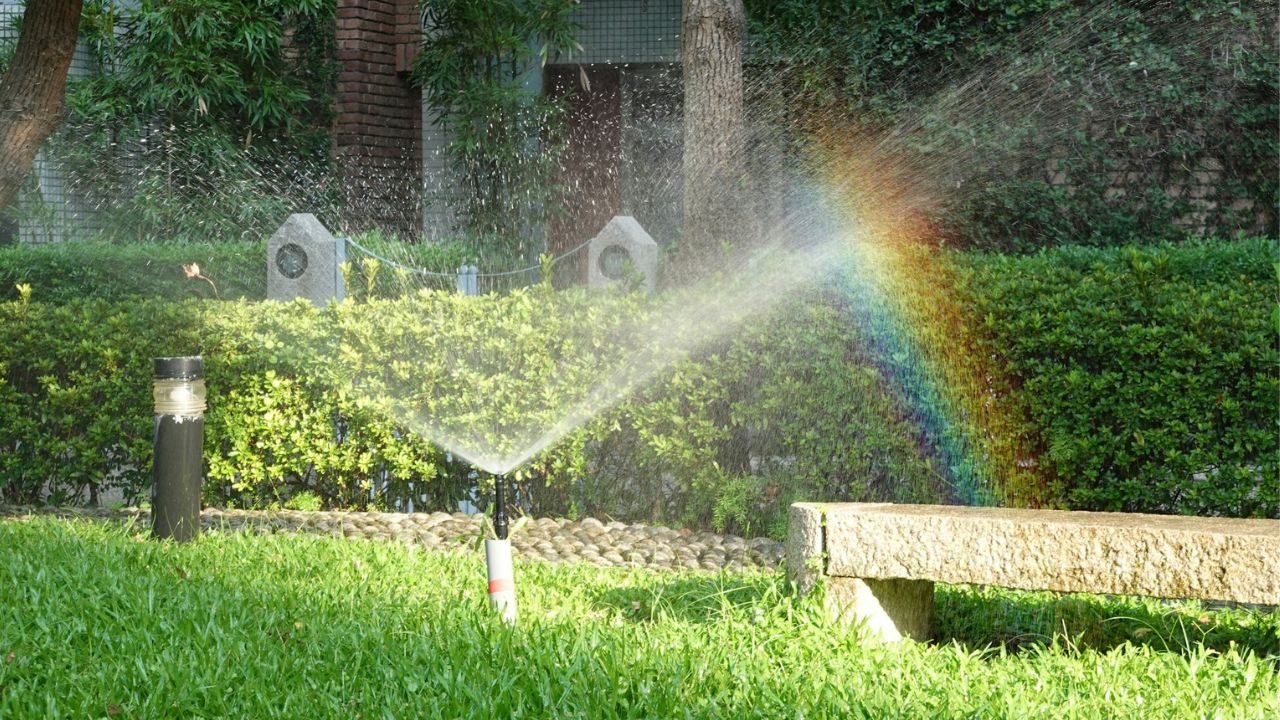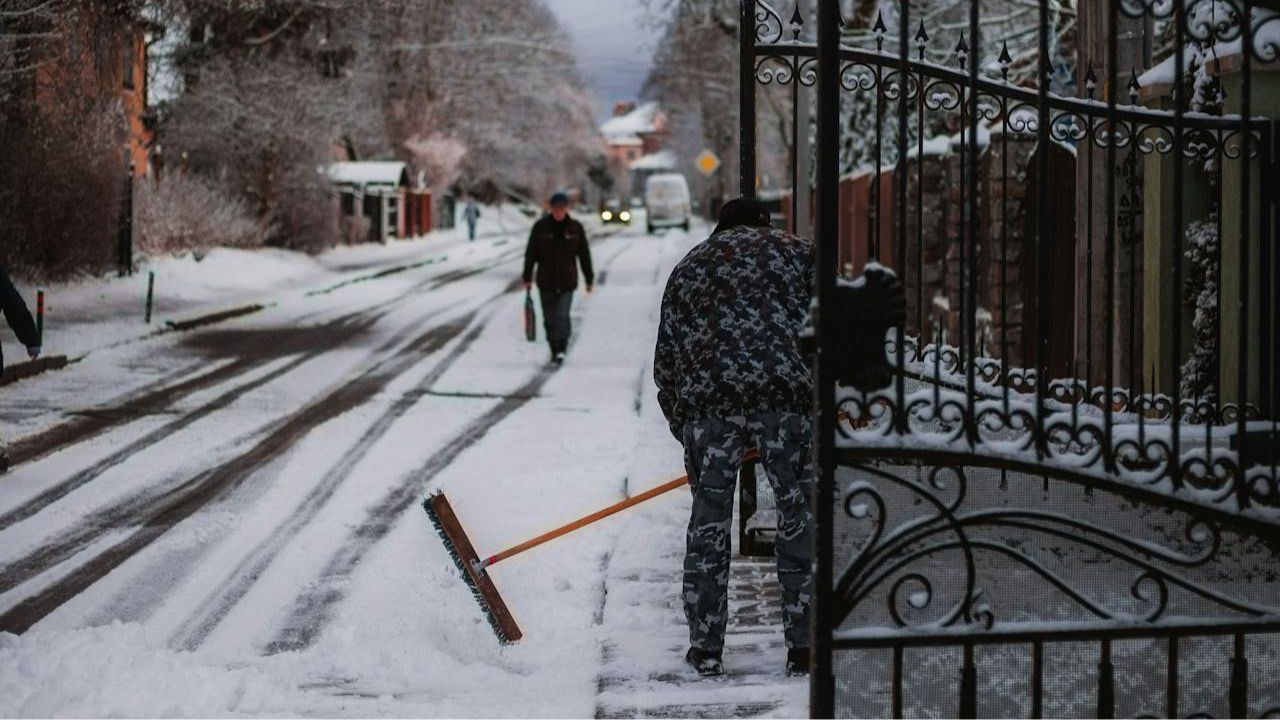Small home mistakes can be surprisingly expensive. Cities, counties, and even federal rules set boundaries for things like mailbox access, watering schedules, and where you park. Teens who help around the house often handle trash day, yard work, and late-night music, so it helps to know the basics. This guide focuses on everyday habits that commonly trigger fines across the United States, then shows simple ways to avoid tickets. Laws vary by place, yet the patterns are similar. The best strategy is to learn the general rule, check your local website for the exact details, and build quick routines that keep your home compliant.
Home rules exist for safety and access. Mail carriers need clear paths to deliver, pedestrians need sidewalks open for strollers and wheelchairs, and firefighters want batteries handled safely to prevent trash-truck fires. These are not random rules, they protect people and services your household relies on. If you know where the boundaries are, you can keep neighbors happy, reduce stress, and avoid last-minute scrambles on trash night or during a storm. Use the six habit checks below as a cheat sheet for your home.
1) Putting unstamped flyers in mailboxes or blocking them
A mailbox is for postage-paid U.S. Mail only. According to the U.S. Postal Service, placing unstamped handouts inside a mailbox violates federal rules and can lead to enforcement. USPS also asks residents to keep access clear so carriers can deliver safely, especially during snow or when trash carts crowd the curb. That includes removing obstacles like parked cars, bins, and piled snow.
Make it easy: hand out flyers at door level, post them on community boards, or slide them under your own door. Keep the area in front of your mailbox open on delivery days. In winter, clear snow from steps and around the box. If the carrier cannot reach the mailbox safely, delivery may be delayed, which causes further problems for everyone in the house.
2) Watering when restrictions are in place

Drought rules can be strict, and they change by season. Los Angeles, for example, limits sprinkler watering to assigned days, bans watering during the hottest daytime hours, and requires hoses with shut-off nozzles for car washing. Cities publish these rules so residents can conserve water without guessing. Some states also increased penalties for serious water-order violations during shortages, which shows how seriously officials treat conservation.
Avoid tickets by setting your irrigation timer to the posted hours, then doing a quick sidewalk check for runoff. Fix broken sprinkler heads promptly, and use hand watering for new plants at the allowed times. If you are not sure about your city’s rules, search your local water utility page and save it in a shared family note so everyone follows the same schedule.
3) Tossing batteries or electronics in household trash
Lithium batteries and many small electronics should never go in household trash or curbside recycling. The U.S. Environmental Protection Agency warns that lithium-ion cells can spark fires in trucks and facilities. Single-use lithium and button-cell batteries are also a problem. The safe move is to drop batteries at a hazardous-waste site or store collection box. Many hardware stores accept them, and city websites list locations.
Keep a small box at home labeled “batteries and e-waste.” When a device dies, remove the battery if possible, tape the terminals, and bag it individually before drop-off. Do the same for old power banks and earbuds with embedded cells. A small habit here protects workers, prevents fires, and avoids fines or rejected bins.
4) Parking or placing items that block sidewalks
Sidewalks are for pedestrians, including people using wheelchairs and strollers. Many cities enforce rules that ban parking that blocks any part of the sidewalk, even a bumper overhang. In California, for instance, state vehicle code prohibits stopping or parking on a sidewalk or with any part of the vehicle extending over it. Local agencies can and do ticket vehicles that force people into the street, especially in busy neighborhoods.
Give yourself a driveway checkpoint: before you walk away, look down at the sidewalk line. If any part of the car crosses it, pull forward or back into the driveway further. On trash night, place carts so there is still a clear walking path. After pickup, bring them back in soon. These small corrections keep sidewalks safe and reduce the chance of a ticket.
5) Ignoring neighborhood noise rules late at night
Most cities set quiet hours and specific decibel limits to prevent late-night noise from bothering neighbors. New York City’s Noise Code is a clear example, with rules for amplified sound, vehicles, and construction, plus multiple ways to report problems. Other cities publish their own limits and hours, and police or environmental departments usually handle enforcement.
If you are hosting friends, lower speaker volume in the evening, close windows, and move speakers away from shared walls. Keep outdoor conversations moderate after posted quiet hours. For instruments or power tools, practice earlier, or use dampening pads and headphones. When in doubt, check your city’s noise page once and save the general hours to your calendar so you are not guessing at midnight.
6) Not clearing snow and ice from sidewalks

Snow rules are simple, yet easy to miss if you sleep through a storm. Many cities require property owners to clear sidewalks within a set window after snowfall. Chicago, for example, requires shoveling by a specific time depending on when the snow stops, and the city can issue fines for failing to clear. Corner lots must open curb ramps too, so people can cross safely.
Plan before winter hits. Keep a shovel and ice melt near the door, and assign who does what after a storm. Clear a full path, not just footsteps, and do not push snow back into the street. If someone in the home has mobility issues, consider asking a neighbor for backup or hiring a local teen to help. A quick plan saves time and avoids tickets on busy school mornings.
Make compliance easy at home
You do not need to memorize every local code. Start with the high-impact habits and create simple reminders that run on autopilot. Add your city’s trash, recycling, and water pages to a shared family note. Label a shoe-box for batteries and small electronics. On pickup nights, place carts to leave sidewalks clear, then bring them in the next afternoon. In winter, set a storm alert and a shovel plan. For weekend hangouts, set a quiet-hours reminder on your phone so music turns down before a neighbor complains.
These routines take minutes, and they keep your home safer, friendlier, and fine-free. When rules change, city websites and utility pages post updates first. Check them each season, then adjust your habits once. You will save money, avoid hassles, and keep your neighborhood comfortable for everyone.
Sources
- U.S. Postal Service guidance on mailbox use and keeping access clear (Jan–Feb 2025): USPS local releases on clearing around mailboxes, USPS reminder to clear walkways, Postal Bulletin mailbox access note.
- USPS reminder that mailboxes are for postage-paid U.S. Mail only (Sept 2010, still cited): USPS state release on mailbox law.
- Los Angeles watering restrictions and times (Jan 2024 and ongoing page 2025): LADWP watering days fact sheet, LADWP Water Conservation Ordinance overview.
- California penalties for unlawful water diversions during shortages (Aug–Oct 2024): CalMatters overview of fines, Legal analysis of AB 460.
- EPA guidance on lithium-ion and household batteries (Jan–May 2025): Used lithium-ion batteries, Used household batteries, Frequent questions on lithium-ion batteries.


